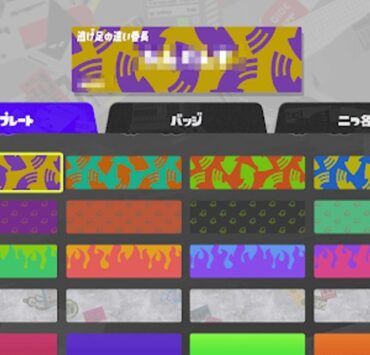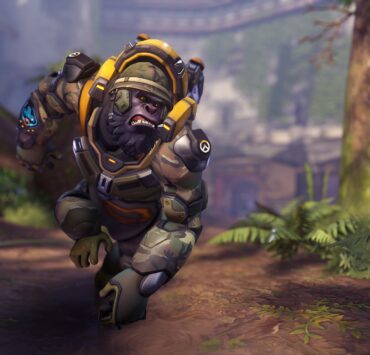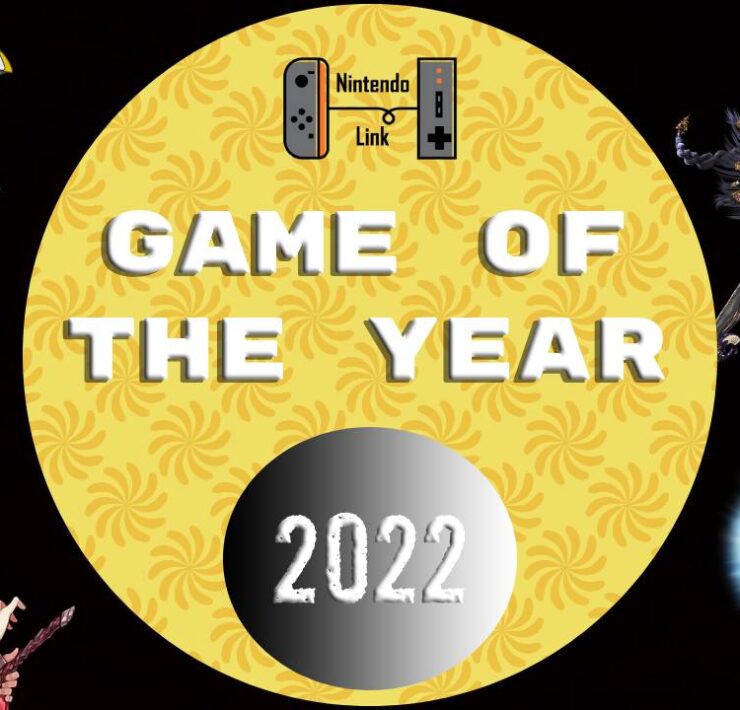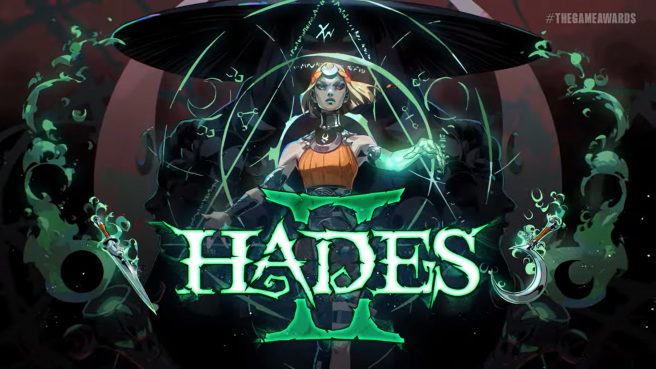Bastion – Nindie Spotlight – Cue Super Narration
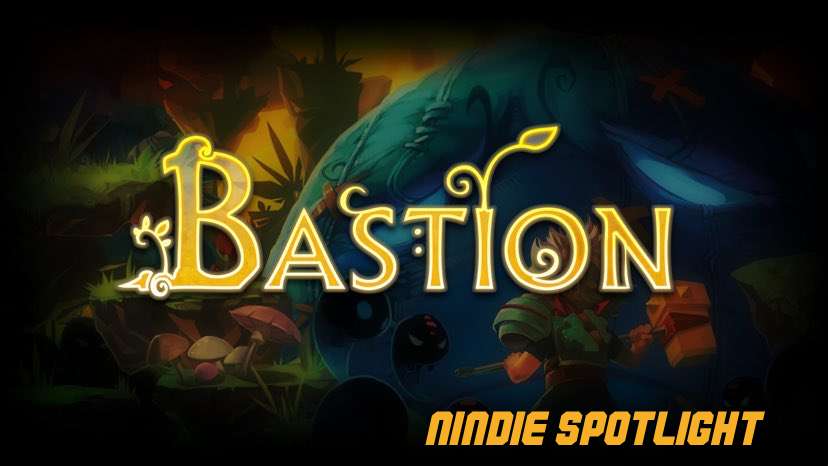
Bastion is one of those games that I have always intended to play over the last ten years, but simply have never gotten round to (Inside and Portal 2 say hello as well). This desire increased further after I sank over 100 hours into one of my new favourite games, the godlike rougelike itself, Hades. Furthermore, thanks to Supergiant’s very generous sales, I can’t really say the price was an issue (in fact, I picked up Bastion and Transistor for about £5 total).
And yet it still took a holiday to Canada and running up against a Munchlax-shaped wall in my quest to fill the Legends: Arceus Pokédex for me to take the plunge. And I’m glad I did.
Sing Your Praises

Strangely, I’d like to talk about the sound first. Now, I’d heard about the brilliant performance of the narrator (or ‘Rucks’ to his friends), voiced by Logan Cunningham, mainly because of his turn as the announcer for Dota 2, but I didn’t expect it to be so crucial to the experience of the game. I also didn’t realise that Logan Cunningham was the same voice actor as the narrators in the other Supergiant games, but I am very excited to play the others now.
The soundtrack is also superb, and I can’t recommend earphones enough. But what I found particularly special was when Build That Wall started playing. Once again, Hades had prepped me for Supergiant’s love of using songs in their games, but I didn’t expect it to have started with the very first one. It helps that Ashley Lynn Barret’s performance was sublime and contributed massively to the atmosphere of the game.
Americana and a Heart of Darkness

And it’s a terrific, if odd and rather dark atmosphere. Bastion is full of over-the-top Americanisms that make the world feel like it’s set in the Wild West. This includes Ruck’s accent, the fact that the main character is called The Kid, and references to gunslingers (or Slingers as they’re known here) and saloon-like whiskey.
I won’t go into the story too much, but it revolves around The Calamity, and your attempts to rebuild after it. And it’s dark. Like seriously dark. Particularly if you take some real-world contexts into account. But you’ll have to play it yourselves to find out anymore. And I need to play it again – particularly with New Game +.
Levels of Difficulty

Bastion is split into levels, of progressively longer lengths, which in this time of open-world games, I really enjoyed. In every level you unlock a new weapon, of which there is an incredible variety (particular shout-outs to the Flame Bellows and Scrap Musket, as well as a Core or Shard that can be used to unlock a new building in the hub world, or upgrade one, respectively. Each weapon can also be upgraded up to five times each, and there’s a selection of achievements to unlock (although we could have done with a few more, and preferably weirder ones), which means there’s a terrific and continuous sense of progression.
There are also two difficulty settings, ‘normal’ and ‘story’, which can be tweaked to your liking via the use of Idols. These Idols, like Halo’s skulls, alter the gameplay in specific ways, such as by making enemies faster or giving them a chance to reflect attacks back at you. I enjoyed this more than a basic ‘hard mode’ as it meant I could scale the difficulty as I progressed and unlocked more Idols. But the best thing about the Idols was that they forced me to play the game to its utmost. Before I activated them, I barely dodged and never used my shield, but it didn’t take me long to change.
The Idols also help flesh out the mythology of Bastion, an original world which I enjoyed even more after the Greek myth-inspired Hades. The ‘buff’ equivalent is the Spirits, a delightfully strange way of providing you bonuses such as revives and more health, via the medium of terrifying drinks such as Squirt Cider and Bastion Bourbon, which contributed to the Americana atmosphere.
A Game, First and Foremost

In addition to the normal levels, there are the Proving Grounds, which provide you with weapon specific challenges, a three-star goal, and some nice rewards. These challenges were a fun side-exploit and made certain that I tried all the weapons the game had on offer. None of them were too hard, but there was definitely a varying degree of difficulty depending on your playstyle. Unfortunately, none of the normal levels are replayable, and the Proving Grounds are locked off once you’ve three-starred them.
Finally, there’s ‘Who Knows Where’, a mode where you fight waves of enemies while having the backstory of the characters narrated to you. This was a fantastic way to get some exposition, without having to watch a cutscene or take you out of the gameplay in any way. In fact, much like Hades, I think this is Bastion’s greatest strength – it has to be a game, and the story wouldn’t be as clever or engaging without the gameplay.
Even the way you access this mode is more immersive, with the player being knocked out when using a particular item and having to fight enemies in, well, ‘Who Knows Where’. I was shocked when it first happened as it wasn’t pointed out clearly, which, rather than being an annoyance, made me grin like I’d just received a surpise Christmas present.
The game is fantastic on the Switch, with the levels-system benefitting the console’s pick up and play style, and the controls being fluid and simple to learn. My only issue was that the graphics, while being beautiful like all of Supergiant’s games, had rather low resolution. Basically, it’s a ten-year-old game, that looks like a ten-year-old game, even if its essence is fairly timeless.
A Super(giant) Development

As I kept mentioning throughout the article, you can see the development of Hades throughout the game, from the use of a narrator, to the graphics, to the hack and slash style and different weapons changing the gameplay. The New Game + feature also seems to hint at the cyclical style of gameplay and story that Hades is so good at utilising and combining. But I’ll have to play it first to make sure. What a shame.
Overall, Bastion was a great experience, and one that I can’t recommend enough to fans of Hades, story-driven games, and quality productions. Go play it!
There is your Nindie Spotlight on Bastion. Check back again next time for a look into another great Nindie title. What are some of your favourite indie games? Let us know in the comments below! Thank you for visiting Nintendo Link. Happy gaming, everyone.

